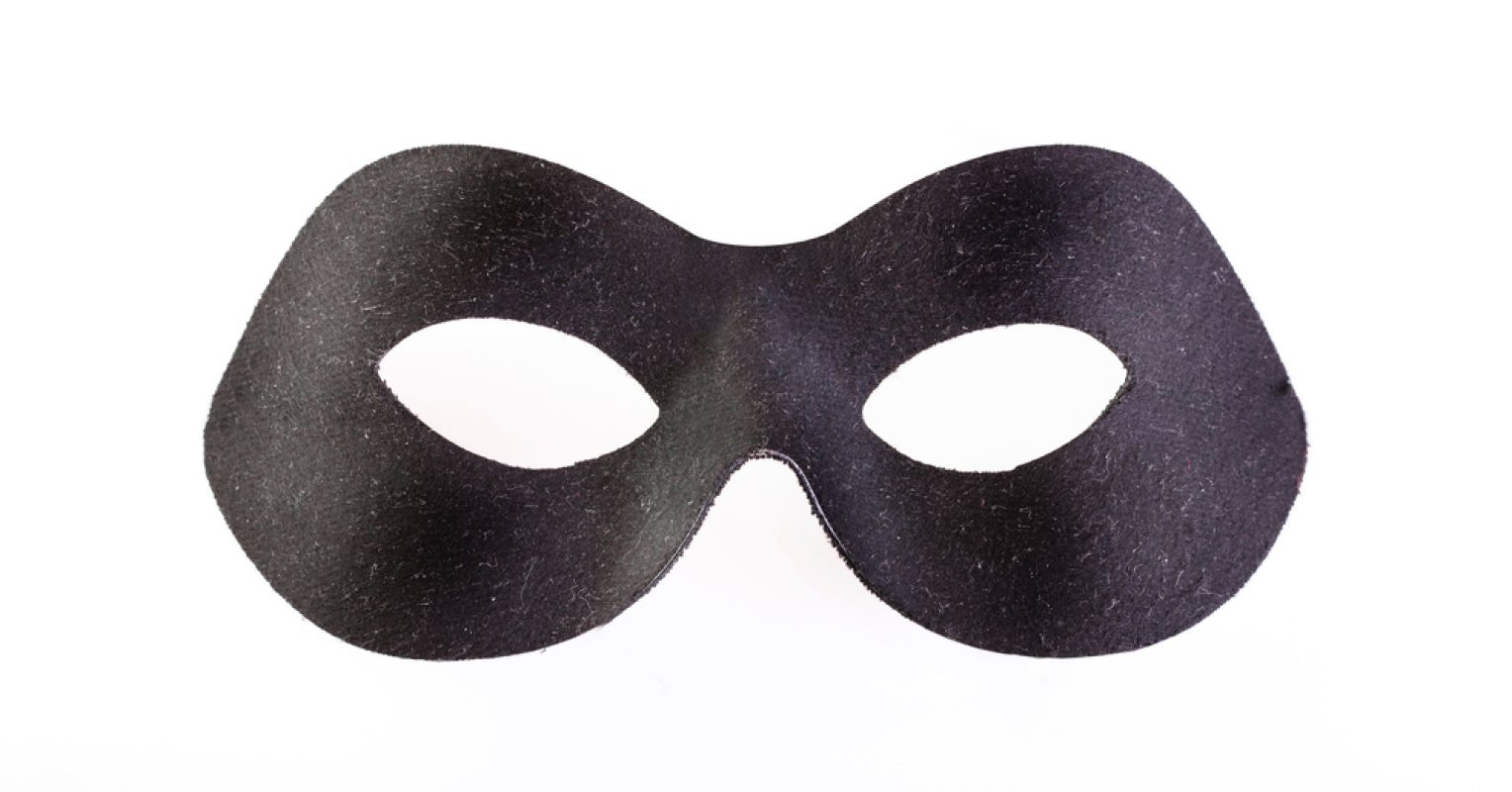My autistic son Nat went as The Joker this Halloween. I was particularly struck by the creepiness of his costume, so unlike his more wholesome costume of previous years. For decades Nat has chosen to be Zorro, a masked avenger from long-ago Spain. He first learned about Zorro from watching Disney Sing-Along videos, and so the character was someone he could readily recognize. But then, for the next 20 years, he chose to be Zorro. Nat craves sameness and consistency, as do most people with autism, and so the eternal Zorro choice made sense.
But was Zorro a true choice for Nat? Or did he don that same black hat, cape, and mustache because did not understand his own power to choose for himself? Since babyhood Nat would look to me or his dad to explain everything, essentially giving him his reality. He only rarely could answer an open-ended question, using echolalia as a way to parry conversation, which is incredibly hard for him. Of all of the challenges Nat’s autism has brought, his inner passivity is perhaps the most difficult. For his life up until now, Nat has not grasped the concept of agency, always looking to others—his parents, or his other caregivers—to tell him what’s what, from what his day will be like to what’s for dinner to whether or not he is sick. This level of dependence may be hard to understand for those who have little experience with communication disorders filtered through autism. I have sometimes understood Nat’s autism as a profound dependence on others to “connect the dots” for him. His ability to apply something he has learned to a similar, adjacent concept (generalizing) is compromised by his autism. So it is up to the people in his life to help him generalize knowledge from one specific context to the next.
Nat has long depended on having situations explained to him, and I have observed that this has made him more passive, and less able to originate his own decisions. His sense of agency is fragile.
In the past, we had always shown him his choices on his biweekly calendar, events like going to a party with us or staying at his group home for the weekend. And most of the time, Nat chose to be with us. Even when my husband came up with the idea of offering him two versions of the same calendar, Nat would opt for the more familiar version: staying with us.
This changed abruptly a few months ago when we were dropping Nat off at the end of the weekend at our house. Just as we were walking up to the door, we saw all the housemates coming back from a movie, and Nat realized he had missed the movie. I believe that the sheer clarity of the situation, the sharp regret he felt—what he had done versus what he had missed—opened something up inside of him. Call it a little bit of FOMO; whatever it was, in that moment he understood the relationship of his choice to the disappointment of what followed.
We realized that we had to hone the way we planned weekends with Nat. From now on, any time we offered him the choice to come home on the weekend, we would repeat the choices over and over again, and in reverse order, while showing him the two different calendar scenarios. Since the movie debacle, he (loudly) chooses the group home. Every single time.
For a while now I have been focused on Nat’s new independence and how that feels to me (bittersweet). But recently I see something far more important: that Nat has made a true developmental leap. He is now thinking about what he wants, what he will be doing. He now understands his own power.
I never thought that this would happen. I never thought I would be able to trust that Nat was actually considering the pros and cons of an activity, and actively choosing one. But now it appears that when I ask him something, I will get a well-considered, accurate answer.
But old habits die hard, especially in old mothers. So when Nat’s group home manager told me he was taking Nat to buy a Halloween costume for a party, I automatically said, “Oh, he’s always been Zorro for Halloween, ever since he was maybe 10.” But the manager, who is wise beyond his years, said, “Well, I can show him the Zorro costume and also the ones at the store and he can decide.” Oh he’ll choose Zorro, I thought, sighing.
We decided to drop in on Nat right before their Halloween Party. I was not prepared for the evil creepiness of Nat as The Joker, the lurid white face and red lips, the gaudy purple jacket. I think I gasped when I saw him. Zorro Nat was nowhere to be seen.
Do the costumes we choose somehow reflect who we are? Maybe not literally, but in some way, our passions, our personalities, and our preferences can be safely channeled into what we wear for Halloween. And so it is for Nat. I can only imagine the soaring power he must feel as his brain cells open to the light, connecting and flowering like vines in a garden. I am so excited for him, wondering what else I will learn about this often silent son of mine as he figures out those most basic human questions: Who am I and what do I want?
And I answer joyfully, “It’s up to you.”
This content was originally published here.
